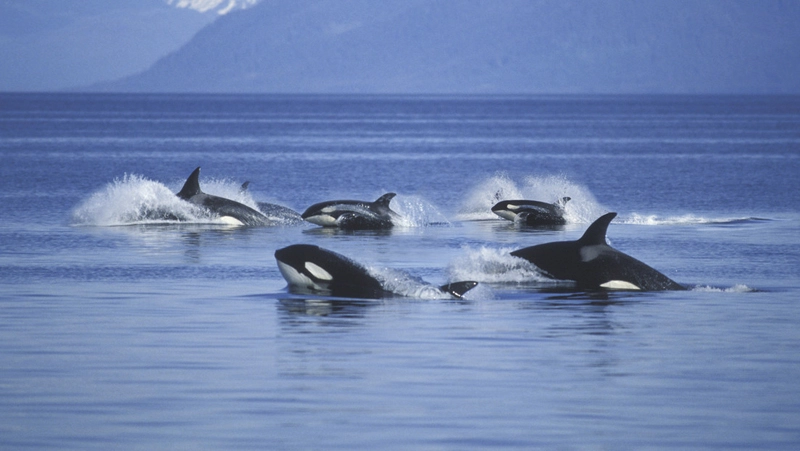British sailors have received a warning about what to do in the event of an encounter with orcas, reports The Telegraph.
The alert arose after a yacht was attacked by these cetaceans off the coast of the Basque Country, Spain, on Monday afternoon. Two crew members were rescued, and the incident was described as “rare” in this part of the Atlantic.
Although these attacks are rare in this area of northern Spain, they are a known phenomenon in other areas of the peninsular coast, such as Galicia, and further south, in the Strait of Gibraltar, where boat sinkings have even been reported.
Why do they attack?
Orcas usually approach the stern of the boat and hit the rudder, losing interest once they manage to immobilize the vessel. Scientists still don’t have a definitive explanation for this behavior, but only 15 of a group of 50 orcas are believed to be responsible for these incidents.
“For some unknown reason, orcas have developed a preference for breaking the rudders of sailboats. Once they succeed, they leave the boat alone,” explained Professor Volker Deeke, a wildlife conservation expert at the University of Cumbria.
He clarified that these encounters should not be considered aggressive attacks, as the animals remain calm and show no signs of hostility.
Boredom or revenge?
Some hypotheses suggest that the orcas act out of boredom, while others point to territorial, defensive, or even playful behaviors.
There has also been speculation that an orca named White Gladis may have taught others to attack boats after suffering a trauma, such as a collision with a vessel or being caught in illegal fishing nets.
The first reports of aggressive orcas off the Iberian coast are reported to have begun in May 2020. By September of that year, Spain banned navigation off its northwestern tip after recording 29 attacks. Since 2021, at least six vessels have sunk, two of them last year.
While scientists search for answers, boaters must remain vigilant and follow recommendations to avoid dangerous encounters with these impressive but unpredictable marine predators.
With information from RT.com News
- Installation of Photovoltaic Systems in Rural Communities in Holguin - 19 de January de 2026
- 39th City Salon Opens in Holguin - 19 de January de 2026
- Habanos Festival Among Cuba’s Most Important Tourism Events - 19 de January de 2026

